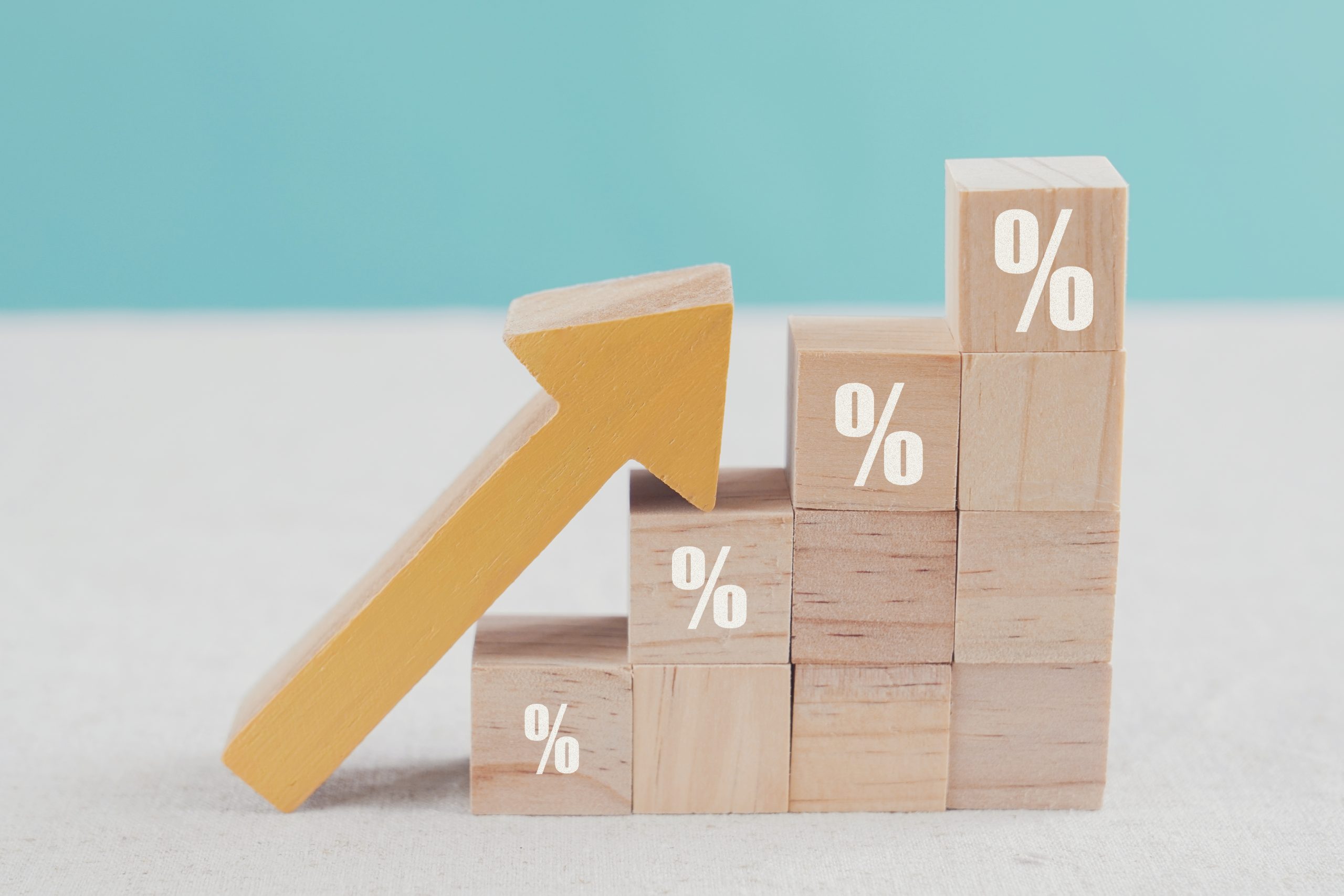Mortgages
Borrowers on two-year fixes ending 2023 hit hardest by rate hikes

Borrowers whose fixed rate term on their mortgage is set to expire in September next year will see the largest rise in monthly payments, projections reveal.
Based on a 75% loan to value (LTV) mortgage secured against an average home, monthly costs will rise from £719 to £882 for those refinancing onto another two-year fix.
According to Capital Economics’ housing market update, those who fixed their mortgage rate three or five years ago will see just a “modest increase in the cost of their repayments”.
If refinancing during September 2023, a borrower on a three-year fix will see their costs rise by £51, while someone on a five-year fixed rate term will see a £7 increase.
The biggest jump in costs could be seen for someone on a three-year fix remortgaging in June 2024, as repayments may rise from £746 to £819. For a borrower on a five-year fix refinancing onto a new rate in November 2023, costs could go up marginally from £684 to £690.
The rise in mortgage expenses is based on Capital Economic’s projections for average rates. The economics firm currently predicts this could rise to 3.6% by summer or autumn next year.
Low rates preventing financial woes
Despite this, the firm said the “widespread use of fixed rate deals, higher levels of capital repayment than in the past, and low unemployment” meant financial distress among homeowners was unlikely.
Further, historically low interest rates have meant a large share of mortgage payments have gone towards paying down the principle. Capital Economics said in recent years, two thirds of households’ mortgage payments went towards the capital of a mortgage, compared to a share of less than 30% of households from 1970 to the 2000s.
This means those on a two-year fix will need a loan which is 5% smaller, while those on a five-year fix will require a mortgage which is 12% less.
Coupled with rising house prices, this will allow most mortgage holders to switch to a lower LTV with a better rate.
Andrew Wishart, senior property economist at Capital Economics, said: “Even though we are unlikely to see widespread financial distress among existing homeowners, we think that the impact of rising interest rates on mortgage affordability for new purchases will weigh on demand enough for prices to fall.
“A lack of forced sales should prevent the correction we expect turning into a crash, unless there is a more severe deterioration in the labour market.”